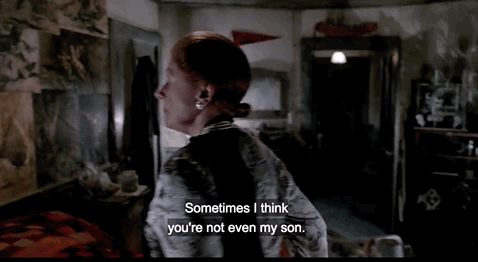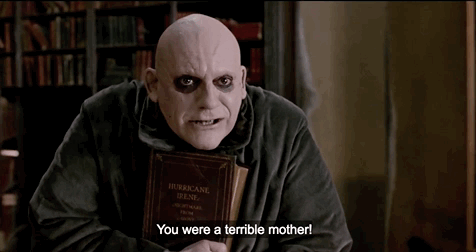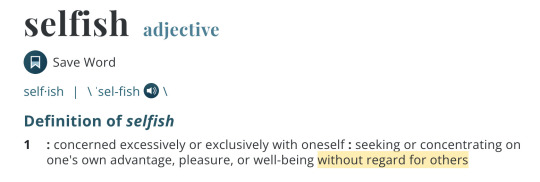#maybe one day I'll actually write up these DWJ thoughts as proper essays or blog posts or something instead of as spontaneous rambles
Text
Thinking yet again of Elizabeth Wilson’s portrayal of Dr. Pinder-Schloss in the Addams Family movie.
Not just because she's one of best and yet most overlooked things about the film. But also just how adeptly Wilson vanishes into the role of a mother figure who could honestly have been written by Diana Wynne Jones herself. It literally holds the whole film together and give Fester his depth, and (as a result) also gives the film its emotional heart.






And then, as I wrote this, I realized that in Addams Family Fester Addams really follows the same fundamental character arc as like 20+ different characters in various DWJ novels.
I wrote once about how DWJ’s cardinal sin in her books is selfishness. And oh, I do not mean 'learning to value oneself or stand up for oneself’ when I say selfishness, because my god that is not selfishness. What is selfishness is: prioritizing and seeking one's own welfare or advantage at the expense of or in disregard of others.


And DWJ’s antagonists are, with few exceptions, selfish in one of two ways:
1. the ruthless Chesney way, that sees other people as tools or parts to use in their own goals, and then uses them like that (this is also, for example, the Witch of the Waste, or Orm Pender, or the Them, or Kankedrin, or the Lee cousins, or the Duchess who is literally described as seeing other people as nothing but literal puppets, etc)
2. Or (more insidiously) the selfish antagonist is:
someone close to the character (such as their sister [Charmed Life], their mother [multiple books], their aunt [Black Maria], their lover [Dogsbody], their uncle [Lives], etc I could go on)
who is selfish in a way that is not obvious to the character at first
and who often abuses their position of intimacy with (or responsibility toward) the character in order to co-opt the character in some way, and to build a definition for the character—which the character accepts initially—and which is both self-serving and false
and it is a definition (which the character has accepted, and believes about themselves at first) which does absolutely nothing to help the character, but does plenty to help the antagonist in seeking their own self-absorbed advantage
and a key part of the narrative, and the character’s arc, is realizing this, and seeing what a betrayal it was to have someone so close to them abuse that position of trust/responsibility to use them like this
and an equally key part of that same arc is for the character, then, to forge their own self-definition in a way that stands up for themselves, and cannot be co-opted by others, and allows them to push back!
And like, even in books where that’s not the main driving narrative, you’ll still get bits and pieces of that dynamic appearing on the sides, and with less central characters.
To mention Nick Mallory as a fun side-character example: his whole internal arc in Deep Secret is that everyone else assumes he is so selfish that, when he’s put in the position of having to make an altruistic wish to save his cousin Marie’s life... everyone assumes he wasn’t able to do it, and that he made a selfish wish instead! They assume he let Marie die—that’s how selfish everyone thinks he is! And then we learn that he did, in fact, make the altruistic wish, because Marie doesn’t only mean a lot to him as a person, but also she’s been his model for learning how to be a better and less selfish person. Someone, in fact, who is near the opposite of his own terrible mother, who Nick realizes he is in danger of becoming very similar to! It is in fact a fear of his, which he literally encounters on the Road To Babylon! I mean to say, this stuff is often pretty damn explicit in the text. (And his wildly self-serving mother naturally turns out to be the key antagonist of Deep Secret. Because of course she is. DWJ wrote her own mother into about half her novels. Freud would have rejoiced.)
Finding one’s inner stubbornness and self-worth, or crafting one’s own inner strong self-definition of who you are and how you matter, is one of DWJ’s most consistent character arcs. It’s an arc she gives to characters sometimes even when their distorted self-definition is formed more from their own misunderstanding than an outside antagonist (aka, as with Sophie in Howl’s Moving Castle, or Gair in Power of Three, or Moril in Cart & Cwidder). And her second most common character arc is probably when a character recognizes their own capacity for selfishness and discovers they’re appalled by it, and that they do not want to be that person. (Which is, for example, what Christopher from Lives goes through explicitly, or Howard in Archer’s Goon.)
The lowest point for Polly in Fire and Hemlock is when she act as possessive and selfish as both Laurel and Ivy, and uses the black arts to spy on Tom and treats him like something she can command, something she can ‘own’. Treats him, for a moment, like how Laurel treats him. Polly nearly destroys everything as a result of doing that. It is the catastrophic event her own mind flinches from remembering—it is the very last part of her suppressed memory that she is able to recall.
You could point me at pretty much any of DWJ’s novels and I could tell you how selfishness and self-definition are operating in tandem there. Also, I’d be happy to do it because I do really enjoy chatting about & picking apart DWJ’s books (well, the ones written before 2004) and I can do it ad nauseam.
And yet, for all that I’ve thought about DWJ’s writing, I’d never thought to connect this one particular thing that DWJ did so often with Dr. Pinder-Schloss, who is one of my favorite character in the Addams Family movies.
The two Addams Family movies are my most often revisited childhood films. And sure, absolutely, I am as much a fan of Joan Cusack’s scenery-chewing villain in Addams Family Values as anyone else. But I’d always had an odd little space in my head where Elizabeth Wilson’s Dr. Pinder-Schloss lived rent-free.
Dr. Pinder-Schloss and, I suppose, Aunt Maria, and Phyllis, and Gwendolyn, and Laurel, and Ivy, and all the rest.
#maybe one day I'll actually write up these DWJ thoughts as proper essays or blog posts or something instead of as spontaneous rambles#diana wynne jones#addams family#the addams family#elizabeth wilson#my post
103 notes
·
View notes